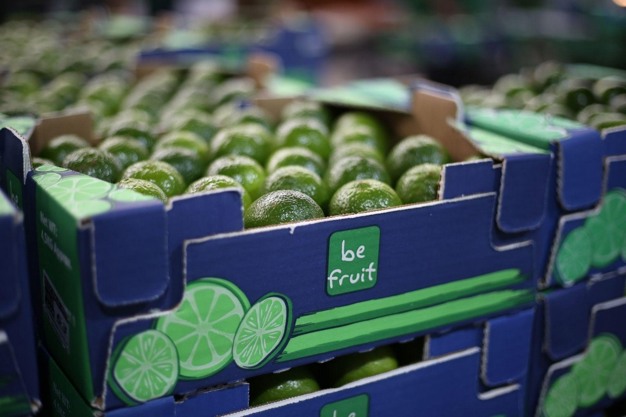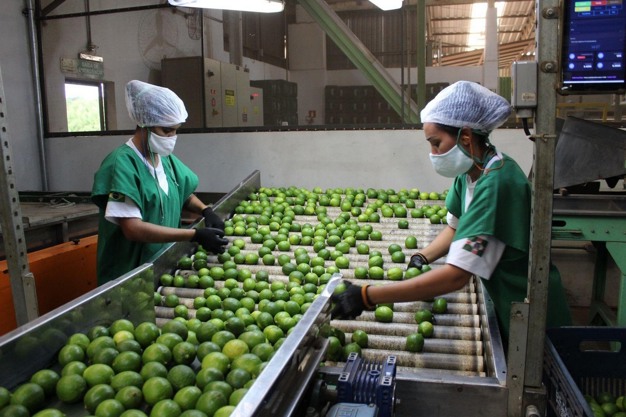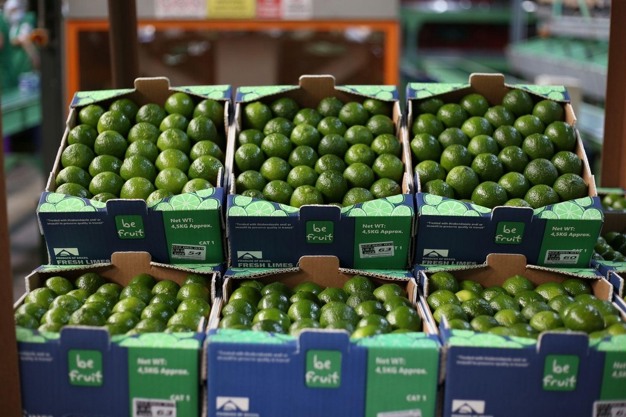Brazil continues to export limes, with steady shipments to European markets like the Netherlands, Spain, Italy, and France, among others. The sector has also expanded in South America, with exports to Chile, Argentina, Uruguay, and, occasionally, even Peru.

"During the high season, we ship approximately ten containers per week. This high harvest period runs from December to May or June, depending, of course, on weather conditions and market demand," says Gabriel Dubois, representative of Be Fruit.
The lime market has always been very volatile, and even more so in recent months. "In 2024, demand was high due to international events such as the European soccer championship and the Olympic Games, which allowed us to sell for up to 12 euros or more per 4.5 kg box. Summer is the best time for marketing due to the fruit's frequent use in cocktails such as mojitos and caipirinhas. However, the picture has changed drastically this year. At the moment, we are struggling to sell limes of any size or color," says Dubois. Demand drops especially in winter, as lime consumption falls with the cold weather in Europe.

"One of the key problems is logistics. Operations are becoming harder due to ship delays and port congestion, especially in Brazil. Moreover, in addition to weather issues, like last year, when we had the worst drought in 40 years, we are now facing a period of heavy rains which is taking a toll on the harvest and, consequently, on exports. In 2024, we had the great flood in Rio Grande do Sul, which besides being a tragedy, aggravated the situation of several ports in Brazil, from Navegantes, Itajaí, Itapoá, and Paranaguá to, consequently, Santos. This has caused long waiting times, with ships often skipping calls at congested ports and the loading of containers having to be delayed for one or two weeks," says Dubois.

"We have five certifications that guarantee the safety and quality of our products. We pay special attention to traceability, coloring, shell thickness, and shipping schedules to avoid problems in the supply chain," he says.
"The economies of major producing countries, such as Brazil, depend on these exports, which highlights the need to improve port infrastructure and the capacity to respond to extreme weather events. There's a growing trend towards more sustainable production, driven by demand from international markets seeking to minimize their environmental impact in the supply chain," says Dubois.
 For more information:
For more information:
Gabriel Dubois
Be Fruit
Tel.: +55 11 3373 7333 / +55 99215 9727
gabriel@befruit.com.br
